Looter of Byzantine coins detained
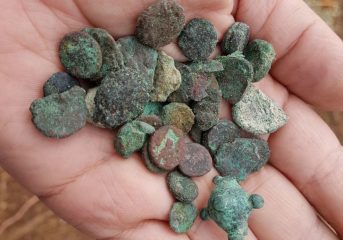
A man was arrested in a Beduin village of Bir Hadaj, South Israel, for illegally looting more than 150 Byzantine-era coins from numerous nearby archaeological sites.

A man was arrested in a Beduin village of Bir Hadaj, South Israel, for illegally looting more than 150 Byzantine-era coins from numerous nearby archaeological sites.
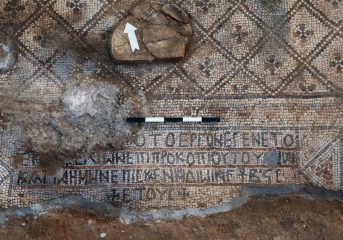
The well-preserved coloured mosaic floor from a Georgian church or monastery was uncovered in the coastal city of Ashdod, South-East Israel. The mosaic is said to be 1500 years old.
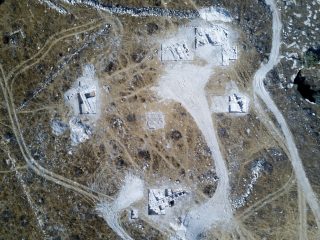
Archaeologists believe to have unearthed remains of an Idumean palace or temple, which dates back 2200 years, at the Horvat‘Amuda site in the Lachish region of the Northern Negev, Israel.
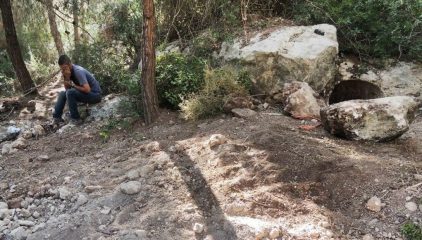
Members of an antiquity robbing gang were detained near Tzippori, North Israel, after a hiker spotted suspicious digging in the area of an antiquities site.
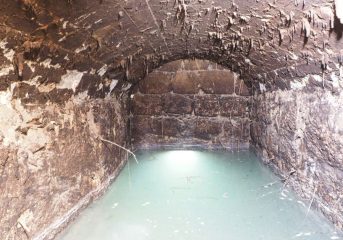
Archaeologists unearthed a sophisticated Ottoman-era water well and reservoir near Ramat Beit Shemesh, Israel.
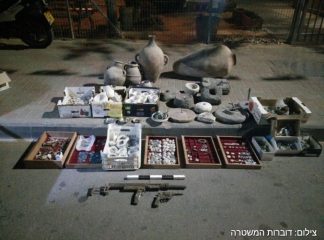
Hundreds of highly valuable old coins from various periods, as well as pitchers, earthenware items and jewellery were seized by Israeli Authorities in a Palestinian man’s home in Huwara, near Nablus, Israel.
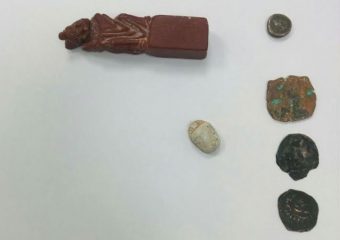
Crossing Authority Security Officers at Erez Crossing between Israel and Palestine prevented smuggling of rare artefacts while three men were arrested attempting to loot gold coins from the archaeological site of the Bar Kokhba Revolt (132-136 AD).
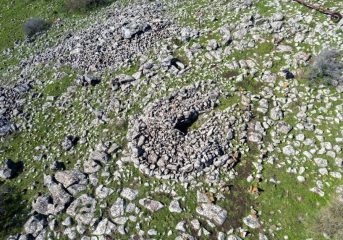
A mysterious stone chamber was discovered near Kibbutz Shamir in upper Galilee, Israel. The structure contains numerous engravings which date back 4000 years.
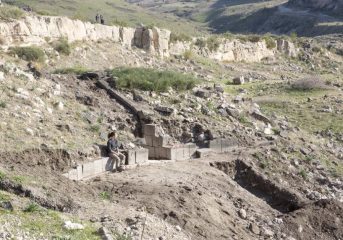
A Roman theatre, overlooking the Sea of Galilee, was found at ancient Hippos, North Israel. The find might indicate the existence of a religious centre at the site.
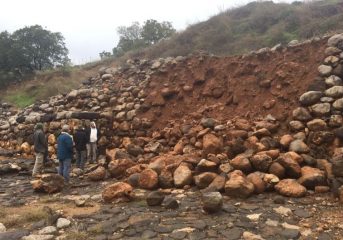
heavy rains flooding Israel for last few days have also damaged an ancient stone wall near the gate to the ancient city of Tel Dan. The structure was dated to the First Temple period (ca. 957-586 BC).
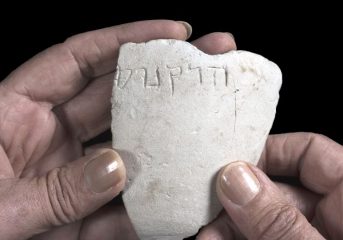
Archaeologists in Jerusalem’s City of David, Israel, discovered a piece of stone bowl dating back 2100 years. The piece contained the name “Horcanus” inscribed in Hebrew on its surface.
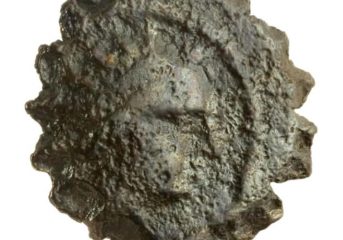
During routine conservation work in the museum’s archaeological garden, in the courtyard of Jerusalem’s Tower of David, outside the Old City’s walls, archaeologists discovered a bronze coin used during the days of King Antiochus IV Epiphanes (175-164/3 BC).
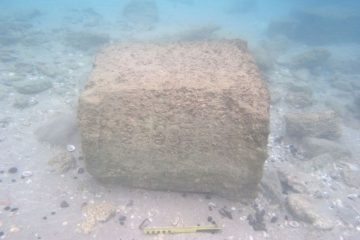
Excavations off Tel Dor, on the Mediterranean Sea led to discovery of Roman inscription stone mentioning the province of Judea and the name of a previously unknown Roman governor, ruling shortly before the Bar-Kochba Revolt.
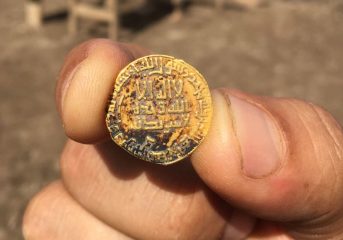
Archaeologists working at the Kafr Kana, lower Galilee, Israel, have discovered an Arabic golden coin dating to 8th century. The coin is inscribed with Arabic and mentions the name of the prophet Muhammad.
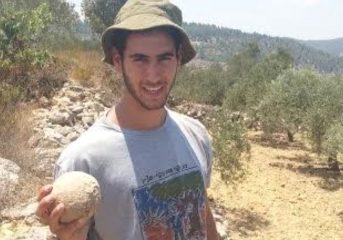
During excavations at Gush Etzion site, south of Jerusalem, Israel, a stone ballista ball was discovered, possibly dating to the times of the Bar-Kochba revolt (132-136 AD) against the Roman Empire.

Excavations of the ancient city of Hippos in North-eastern Israel revealed a monumental Roman gate.
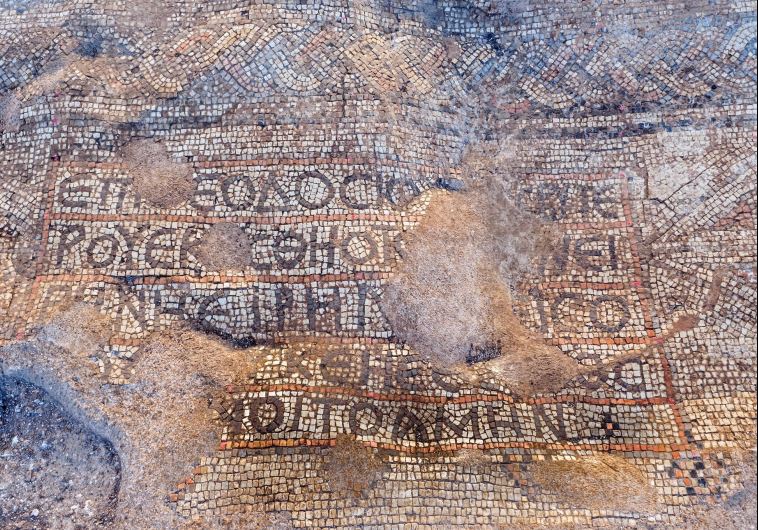
Excavations in Rosh Ha’ayin (Central Israel) unearthed rare and well-preserved remains of a 2700-year-old farmhouse and 1500-year-old church.